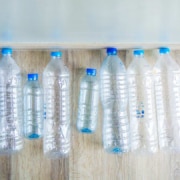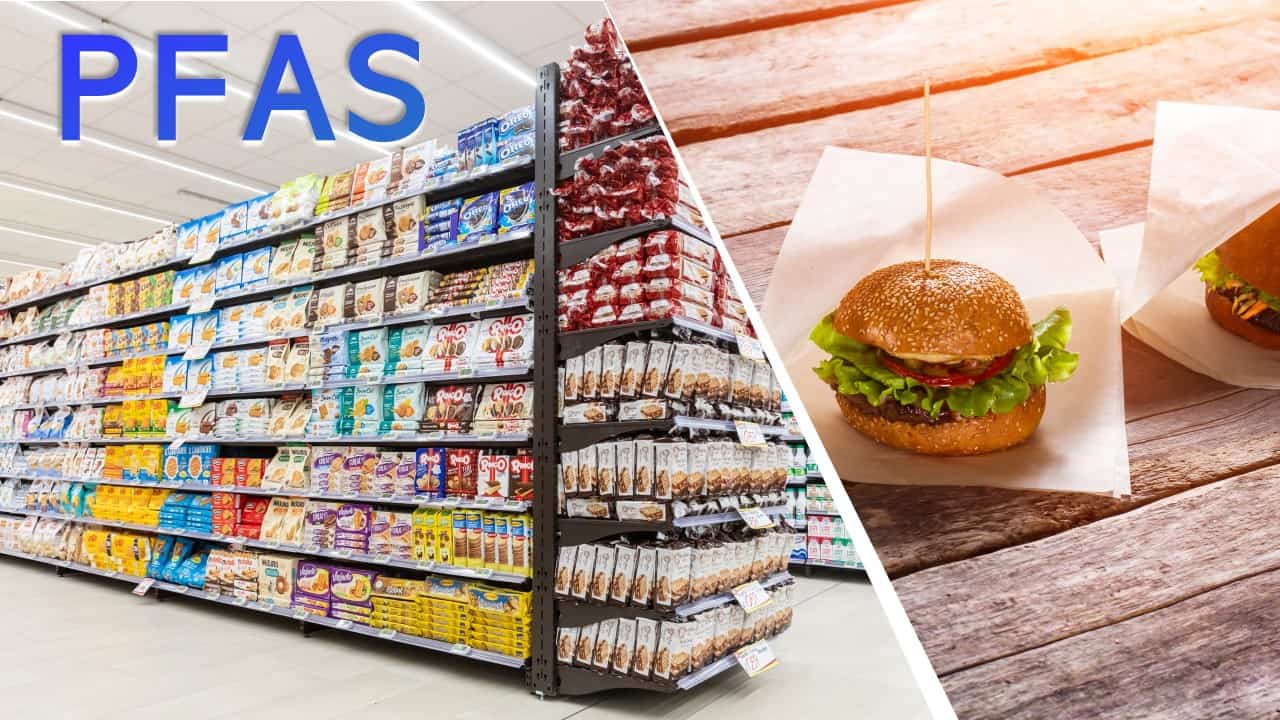Framework for Defining Suitable Recycled Resin Based on Intended End-Use and Characterizing Potential Chemicals of Concern
Changes in consumer behavior and growth in convenience foods, cosmetics, and pharmaceutical products complicates the use of recycled materials by requiring sophisticated and complex multilayer packaging solutions and increasing the amount of packaging waste. Many packaging materials, such as multilayer flexible and rigid plastics, are primarily sent to landfills. This project will develop a common standard that defines grades of PCR plastics with necessary performance properties and regulatory compliance for various uses including food contact applications. This proposal will increase the value of food and non-food grade plastics through identifying standards and grades of recycled plastics by end use. It will also provide a much-needed understanding of performance properties and regulatory compliance of post-consumer plastic markets
Institution: Iowa State University
Principal Investigator: Greg Curtzwiler
Year: 2022
This work was supported by the IAFNS Food Packaging Safety & Sustainability Committee.
Identify Safety Barriers to Broad Adoption of Recycled Polyolefins for Food Packaging
Defining a path to the production of clean recycled plastics is key to their sustainable use in food and beverage packaging. Despite significant advances in recycling science, obstacles remain to broad utilization of recycled plastics including the need for reliable and predictable sources of safe and inexpensive post-consumer products. This project will identify key elements in generating clean recycled plastic such as polyethylene terephthalate (PET) and use that as a model for improving safety of recycled “challenging” plastics such as polyolefins. The project will also identify potentially hazardous intentionally and non-intentionally added substances (NIAS) in recycled plastic and sources of contamination. Lastly, the project will lead to a roadmap to resolve safety issues and enhance adoption of a wide range of recycled plastics.
Institution: Iowa State University
Principal Investigator: Greg Curtzwiler
Year Awarded: 2021
Read more: Expanding Plastics Recycling Technologies: Chemical Aspects, Technology Status and Challenges
Read more: Global Plastic Waste Recycling and Extended Producer Responsibility Laws
This work is supported by the IAFNS Food Packaging Safety & Sustainability Committee.
Identification And Quantitation Studies of Migrants from BPA Alternative Food-Contact Metal Can Coatings
Different compounds may enter the food supply, by intentional or unintentional addition, at various stages of the food chain. Advancements in analytical methodologies are allowing for progressively lower detection limits, resulting in unexpected and known substances being detected in food and food packaging matrices. Currently, there is no harmonized analytical methodology for the identification of known and unknown substances in food packaging materials. This study is the first step in the overall multi-step risk assessment process for unknown substances in food packaging, and will also be a step towards harmonization & validation of analytical methodology for food packaging materials. The objective of this study is to develop a robust core set of analytical methods that can be utilized for a wide range of food packaging materials to identify known chemicals and potential unknown substances.
Institution: Rutgers University
Principal Investigator: Thomas Hartman, PhD
Year Awarded: 2017
Learn more about the IAFNS Food Packaging Safety Committee.




